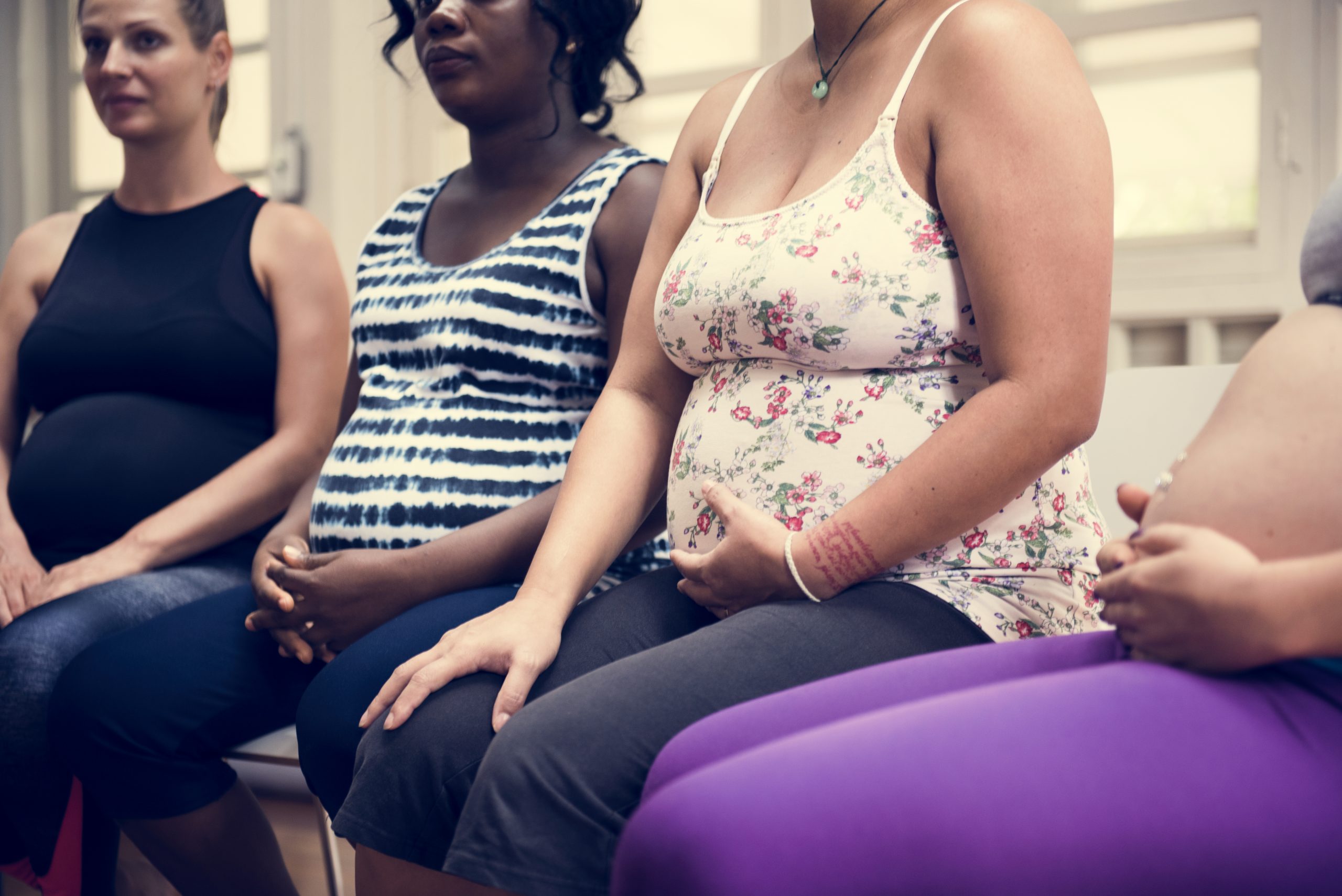
Historically, surges in birth rates have followed periods of tragedy or prolonged indoor isolation, like hurricanes or blackouts. In response, many wonder whether the novel coronavirus pandemic will cause another baby boom.
As such, social media is abuzz with potential titles for the new generation: baby zoomers, coronials, or quaranteens.
Ultimately, we’ll have to wait roughly nine months to find out whether an influx of coronials is born. In the meantime, there is evidence to suggest it just might.
“Post-Disaster Fertility”
In 1920, two years after the end of WWI, and toward the end of the outbreak of the Spanish Flu, birth rates peaked in the U.K. That baby boom remains one of “Britain’s biggest years for babies,” reports BBC. A similar surge occurred in the U.S. after WWII—hence, the baby boomer generation.
Birth rates were also shown to increase after natural disasters, like hurricane Sandy, or periods of celebration, like the 2009 UEFA Champions League semi-finals in Spain, reports Mashable.
In one study, The Fertility Effect of Catastrophe: U.S. Hurricane Births, researchers found that birth rates increased nine months after storms. But that depended on the duration of the storm.
For example, “An extra 24 hours of tropical storm watch advisory resulted in a 2% increase in births. This is evidence of the old New York City blackout hypothesis: When the lights go out, stores are closed and TVs are off, we make more babies,” wrote one of the study’s authors, Richard Evans, in The Washington Post.
However, Evans added, “We also found that an extra 24 hours of the most severe advisory—hurricane warning—resulted in a 2% decline in births. You can’t make babies if you’re running for your life.”
Lack of Access to Family Planning Services
Aside from isolation or boredom, lack of access to family planning services may also influence post-pandemic birth rates.
Women already struggle to find access to such services, including abortion. But, the novel coronavirus pandemic has made that worse.
In Texas, for example, state Attorney General Ken Paxton announced a ban on all abortions. The temporary ban, which is set to last through April 21st, is part of an order to close non-essential businesses statewide, reports CBS News.
The ban has not prevented most women from wanting—or pursuing—abortion, explains Kathy Kleinfield of Houston Women’s Reproductive Services, to TIME.
The ban forced Kleinfield to stop providing her patients with such services. However, “Every single woman was planning to proceed with her decision in whatever way was necessary,” she added. “Now, just at greater risk and compounding the health crises with more health risks.”
The Center for Reproduction Rights and Planned Parenthood have sued the state in response to the ban. But in the meantime, more states are trying to follow Texas’ lead. Those include: Alabama, Iowa, Oklahoma and Ohio.
https://www.instagram.com/p/B-fgdKYHn-1/?utm_source=ig_web_copy_link
Boom or Blip?
Despite previous post-disaster birth rates spikes, or lack of access to family planning services, experts believe a post-pandemic baby boom is unlikely.
According to Al Tompkins at the Poynter Institute, “the birthrate in the U.S. has been in steady decline since the 2008 recession,” he adds. “Demographers said that a pandemic is not the kind of event that encourages couples to say, “What a great time to have a baby.””
However, while tragedy doesn’t necessarily get the juices following for many couples, Tompkins notes that it does happen. Three theories might explain why. The first is “the replacement/insurance theory,” which follows the idea that people (particularly parents) might cope with loss of life by having more children. The second, “the community influence theory,” and third, “the terror management theory” perceive that people may “start a new generation,” after periods of tragedy or death.
If the 2% rise in birth rates after previous disasters is an indicator, perhaps the U.S. will see a slight rise in birth rates after all, explains The Fertility Effect of Catastrophe‘s author, Richard Evans, in the aforementioned The Washington Post piece.
“It’s unlikely that America will see a coronavirus baby boom. But we could see a baby blip,” Evans explained. “Nationwide, that 2% increase [reported in the study] would mean roughly 6,000 extra births per month this winter, depending on how long the shutdown endures.”



Leave a Reply